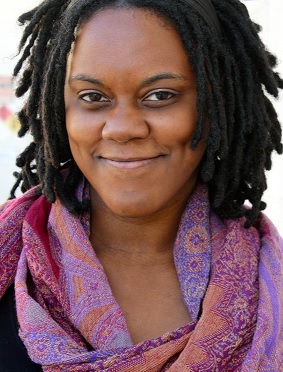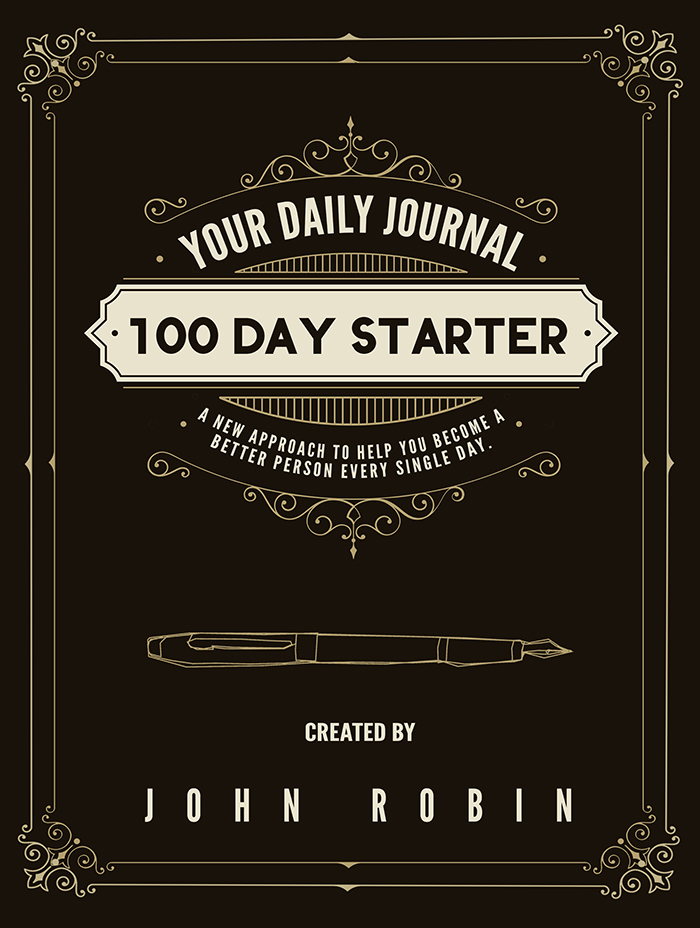Welcome to the second installment in my new World Builders series, where I’ll be exploring the aspect I love most about epic fantasy: the process of creating a believable and immersive imaginary world. Over the next several months, I will be connecting with fantasy authors and asking them to share about their world building process.
Today, I’m stepping outside of the box a bit to explore world building from a fiction writer’s perspective. Our guest today is none other than my editor through the Author Accelerator program, Lizette Clarke. I’m excited to welcome Lizette here today and share more on her process!
 Lizette was born in Barbados and raised in New York. Both of her degrees are writing based—a BA in Creative Writing from Framingham State University, and an MFA in Writing for Screen and Television from University of Southern California’s School of Cinematic Arts. Her thesis script, a TV pilot entitled A Little Pain, was merited with distinction and is currently being optioned by Haimes Productions in Los Angeles. In addition to editing for Author Accelerator, Lizette writes fiction and short stories. Her first novel, Made in Heaven, is a dark, sexy, funny new adult novel about an arranged marriage set in 1998, and her new work in progress is a prequel of sorts set in 1996.
Lizette was born in Barbados and raised in New York. Both of her degrees are writing based—a BA in Creative Writing from Framingham State University, and an MFA in Writing for Screen and Television from University of Southern California’s School of Cinematic Arts. Her thesis script, a TV pilot entitled A Little Pain, was merited with distinction and is currently being optioned by Haimes Productions in Los Angeles. In addition to editing for Author Accelerator, Lizette writes fiction and short stories. Her first novel, Made in Heaven, is a dark, sexy, funny new adult novel about an arranged marriage set in 1998, and her new work in progress is a prequel of sorts set in 1996.
I’ve had the pleasure of working with Lizette as my editor for Blood Dawn since March. Throughout the course of our weekly correspondence, we’ve compared notes on our story-building processes and I was fascinated by Lizette’s meticulous methods for keeping track of story details in her own writing.
So here at last is Lizette’s in-depth answers to some questions I wanted to ask about how she goes about world building.
What is the appeal of world-building to you? How does it compare to the importance of character and plot?
I rarely write stories set in the present day, but my settings are always fictional: cities that don’t exist, universities you can’t attend, etc. So world-building is a big deal to me because setting is everything. My character’s motivations are often grounded in when and where they are in time. For example, my first novel as well as my current work in progress take place during the Clinton years. Not a terribly long time ago, and a period that I remember well—but still a totally different world from the one we live in today. So unlike most historical fiction, writing in that period requires way more unlearning than it does research. Gay rights weren’t as commonly accepted back then, for example. A black president seemed unfathomable, as did a dead Michael Jackson. And then there are the smaller differences, like having to leave home to do research and only seeing music videos whenever the networks decided to air them. I lived through all of that, but recreating that reality for the reader takes work and surprisingly a bit of craft. I find that part of world-building to be most challenging, but rewarding. I never want my work to read simply as a “Hey, remember that?” statement or a cheap nostalgia grab. Instead it needs to feel as part of who the characters are and why they think the way they think and do what they do.
What aspects of the world do you have to figure out before you start a story? What do you allow to unfold as you write?
Before starting a story, I flesh out the basics, like where in time and when in time and who in that time. My current book takes place at two colleges, and I found it really beneficial (and fun in the nerdiest possible way) to determine the admissions details of both schools beforehand. What are the average SAT scores? Demographics of the student body? How much is tuition? What part of the country do most of its students hail from? How diverse is the school? Where does everyone go on Friday nights? I’ve attended and taught at a variety of different schools, so I’m aware how the most minor details can make a huge difference. But as with any college, each individual student creates the atmosphere more than the institution itself, so plenty of aspects of the world unfold as I introduce more characters.
What do you enjoy the most about world-building?
Since I write about the recent past, I enjoy the restrictions that come with world-building, since writing a story within those limitations can force you to be more creative. For example, one of my main characters in my first novel is an amateur private investigator. It’s 1998, so while the internet exists, it’s far from being a reliable source of information. Still, I have to commit to my world, which means figuring out how he’s able to obtain the most basic of information for his clients without the instant results of today’s technology. Just trying to answer one question—where does this person live?—becomes its own conflict. The world essentially allows conflict to feel more organic, and I enjoy laying all of that groundwork while building the world.
Do you use diagrams? If so, what kind? What about charts, schematics, or other visual representations of your world beyond textual material?
Calendars are my best friend. They’re not only important for setting, but they’re perfect for balancing several different arcs that need to tie together. When I was TV writing in graduate school, I used graphs and index cards to keep track of separate arcs, but I found that those were only helpful for seeing everything but the when of your story. Calendars are reliable for letting you know exactly in time different plot threads are taking place. The worlds I write in are much “slower” than today’s world, so a lot of times I have to account for things such as how long it takes for mail to deliver or how many days it takes to get the results from an HIV test. Using calendars helps me keep track of those details.
In your opinion, what is it that makes a believable and immersive world for a fantasy story?
In both fantasy and historical fiction, it takes total commitment for the world to be believable and immersive. The world should never just be the background; it needs to inform everything about your characters. In fantasy, I like to see fantastical elements happen to not only the main character, but several others as well, especially the antagonist. When something magical happens to only one person, it doesn’t feel as authentic, but when it happens to several people, then that feels more like a believable world. It feels like the character is part of the world and the world is part of the character. The reader should never be allowed to forget where or when their characters are, and it takes full commitment from the writer to firmly keep them planted there, never wanting to leave.
Thanks, Lizette, for sharing about world building from a very different angle.
If you enjoyed what you read here, why not connect with Lizette and follow her progress on her novels:
Website: Under construction (link to come)
Twitter: @FateAndDestino
Fan email address: lizetteclarke “at” gmail “dot” com


I like, Lizette, when you say “the character is part of the world and the world is part of the character.” I’ve heard that before and not just for fantasy novels. This was something I became aware of about a year ago and the thought hangs with me whenever I write. It’s one of those writing mantras that serves as a reminder to go deep.